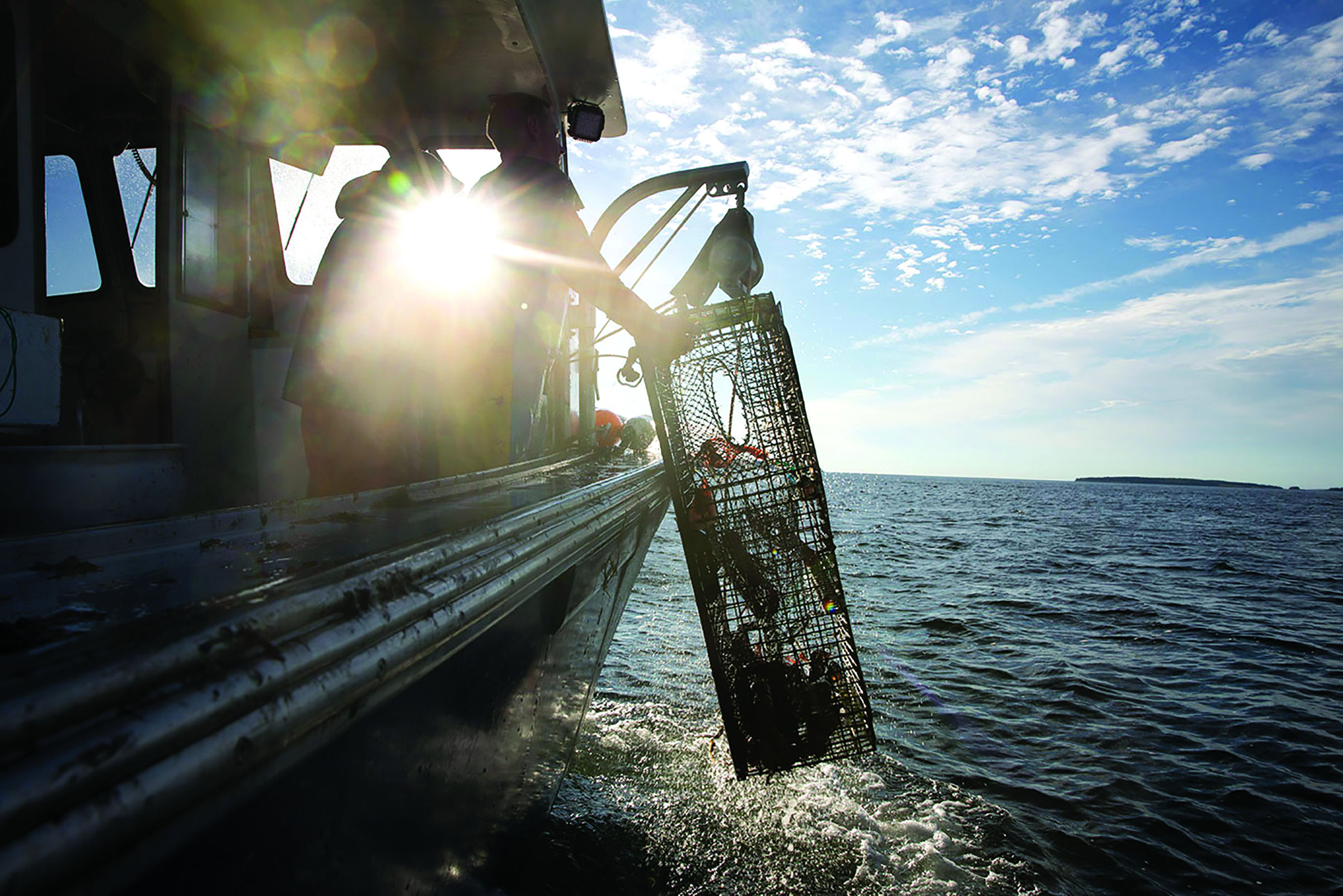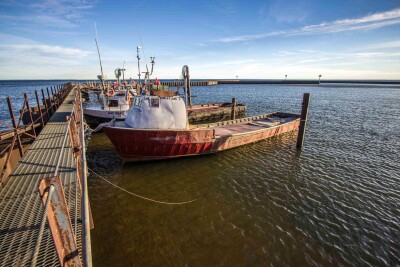The Maine Lobstermen’s Association said Tuesday it has hired former U.S. Solicitor General Paul Clement to bring the association’s appeal of the new National Marine Fisheries Service rules to protect the endangered North Atlantic right whale.
The association is challenging what it calls the “scientifically-flawed federal whale plan that will cripple Maine’s lobster industry.” Clement, who served as U.S. solicitor general during the President George W. Bush administration from 2004-2008, “is widely recognized as a leading Supreme Court advocate, focusing on appellate matters, constitutional litigation, and strategic counseling,” the MLA said in a prepared statement
“When we said we refuse to let a single judge’s decision be the last word and that MLA is preparing to go all the way to the Supreme Court, we weren’t kidding,” said MLA president Kristan Porter, a commercial fisherman from Cutler, Maine. “We are incredibly grateful that Paul Clement, arguably the most qualified attorney in the nation on these matters, has chosen to stand with us.
“Paul has looked at the facts and agrees with what we have been saying all along – National Marine Fisheries Service abused its discretion. Maine lobstermen are not driving the right whale toward extinction, but we are being punished by unsound federal rules that will wreck this industry but won’t recover the whale.”
“This is a clear case of government overreach. It is no exaggeration to say that the fate of the Maine lobster fishery, a national icon, hangs in the balance,” said Clement. “The applicable statute requires the agency to apply the best available evidence. The agency instead has resolved every doubt and every disputed issue against an iconic American industry that has gone to great lengths to protect the right whale.”
Clement said gear, area and seasonal restrictions on the Northeast lobster fleet “is inflicting unprecedented hardship on Maine lobstermen, while explicitly acknowledging that all this suffering will do nothing to restore the right whale so long as they continue to die in Canada.”
In U.S. District Court in Washington, D.C., the MLA filed a lawsuit in September 2021 arguing the protection plan threatens to eliminate the Maine lobster fishery, while right whales would still be at risk from vessel traffic and snow crab gear in Canadian waters.
But on Sept. 8 district court Judge James Boasberg ruled against the MLA, clearing the way for NMFS “fast-tracking the 10-year whale plan and will require Maine’s lobster industry to implement an unachievable 90-percent ‘risk reduction’ as quickly as possible or the federal lobster fishery could be shutdown,” according to the association.
“The Maine lobster industry is in utter shock and disbelief that their own federal government has set a course to eliminate a fishery that has never been known to kill a single right whale, said Patrice McCarron, the MLA executive director. “Lobstermen are already mourning the loss of their industry. These are good people who care deeply about the ocean, lobsters, and right whales. They want to be part of the solution but, without action by the Court, this is not possible.”
There are about 4,750 commercially licensed lobstermen and 1,085 student license holders in Maine, where the fleet directly supports more than 12,000 jobs on the water, the association says. The shoreside wholesale lobster sector supports an additional 5,500 jobs and generates an additional $1 billion annually.
“The uncertainty of the new deep cutting federal whale regulations now underway has sent a chill through the lobster fishery this year unlike anything I have experienced during my tenure,” said Larry Barker, president of Machias Savings Bank, in a declaration filed with the Clement’s motion for appeal.
“Our employees with close connections to the lobster industry are regularly hearing from lobstermen that they are canceling plans to apply for new loans given their uncertain future. Many will delay important investments in upkeep of their boats, engines, and traps due to financial uncertainty.”







